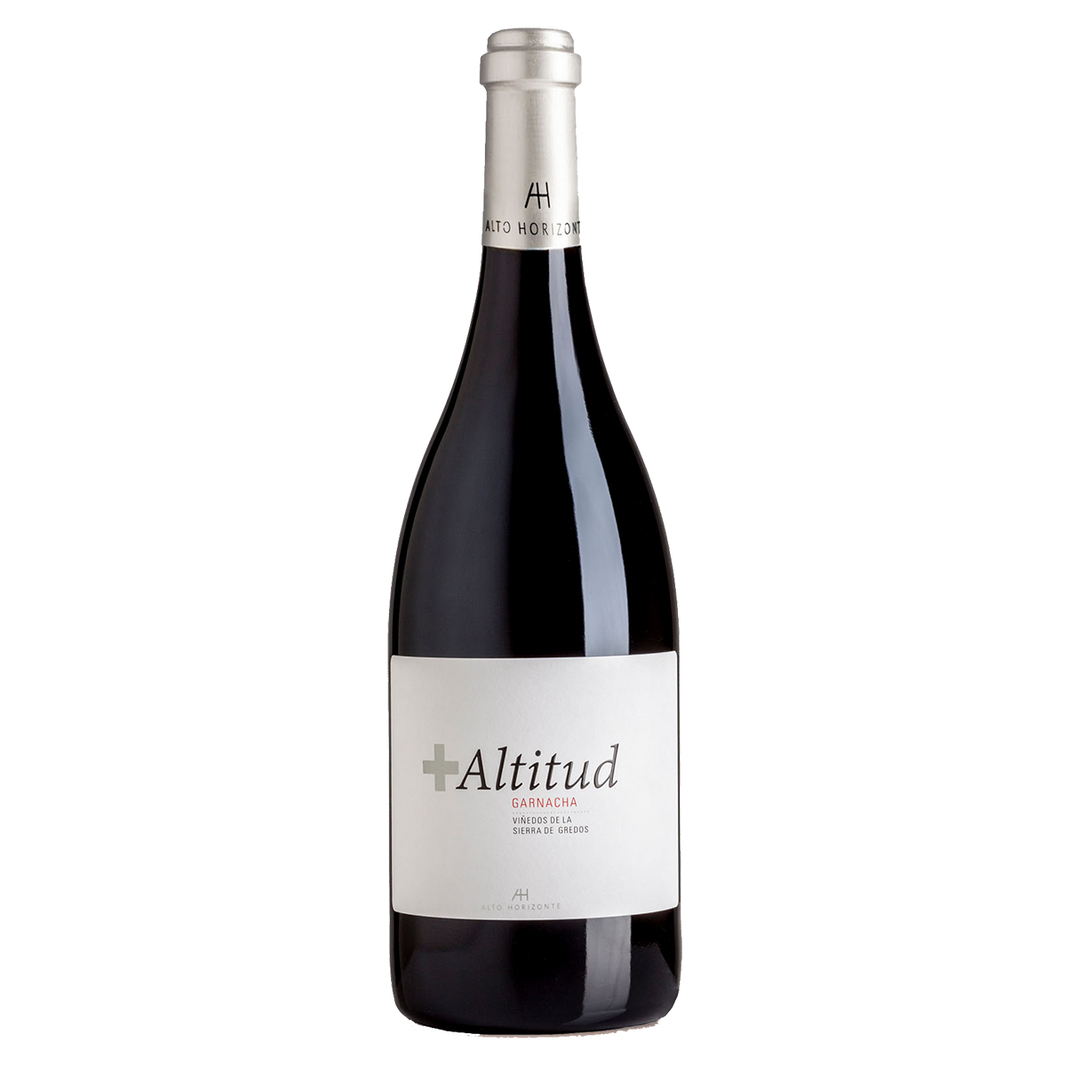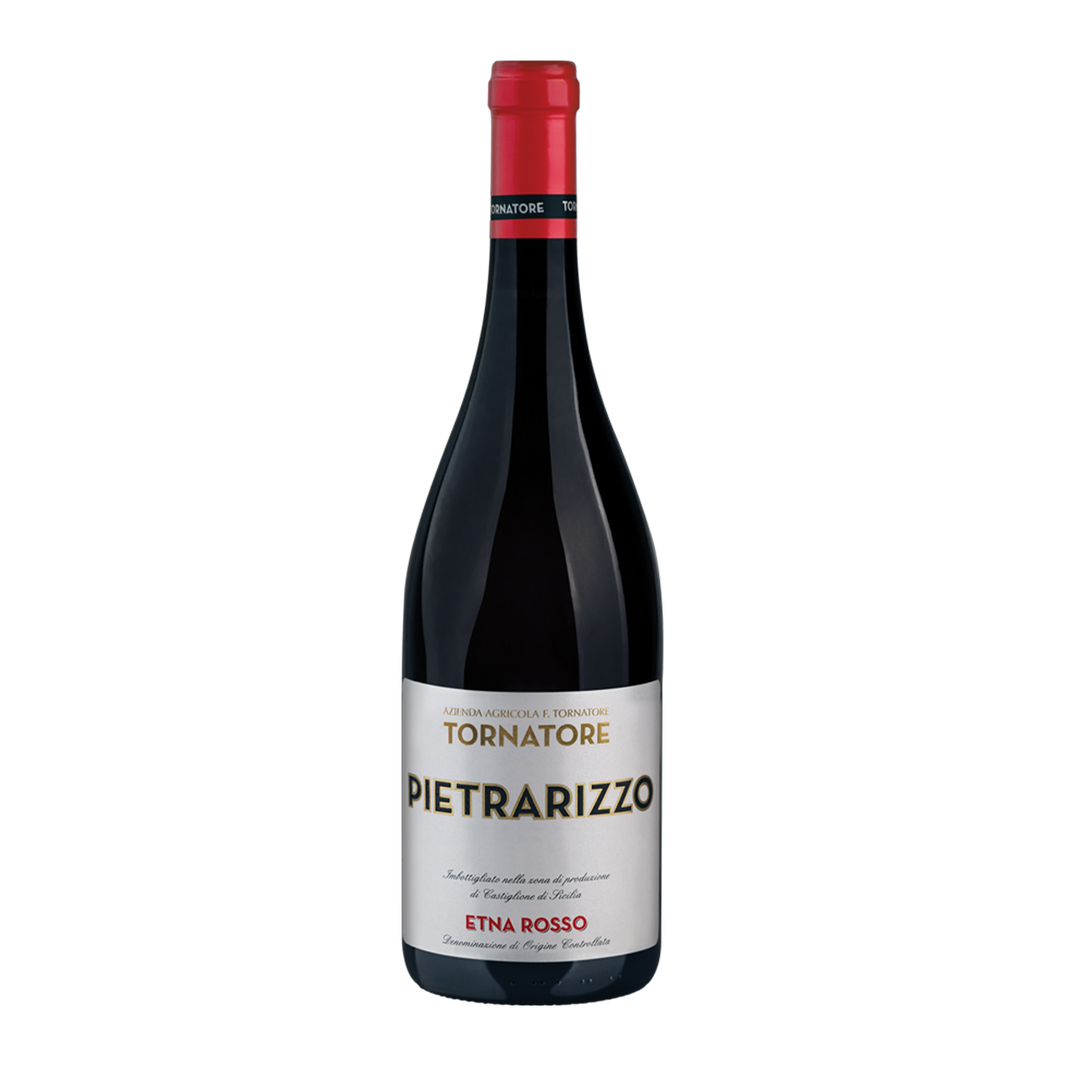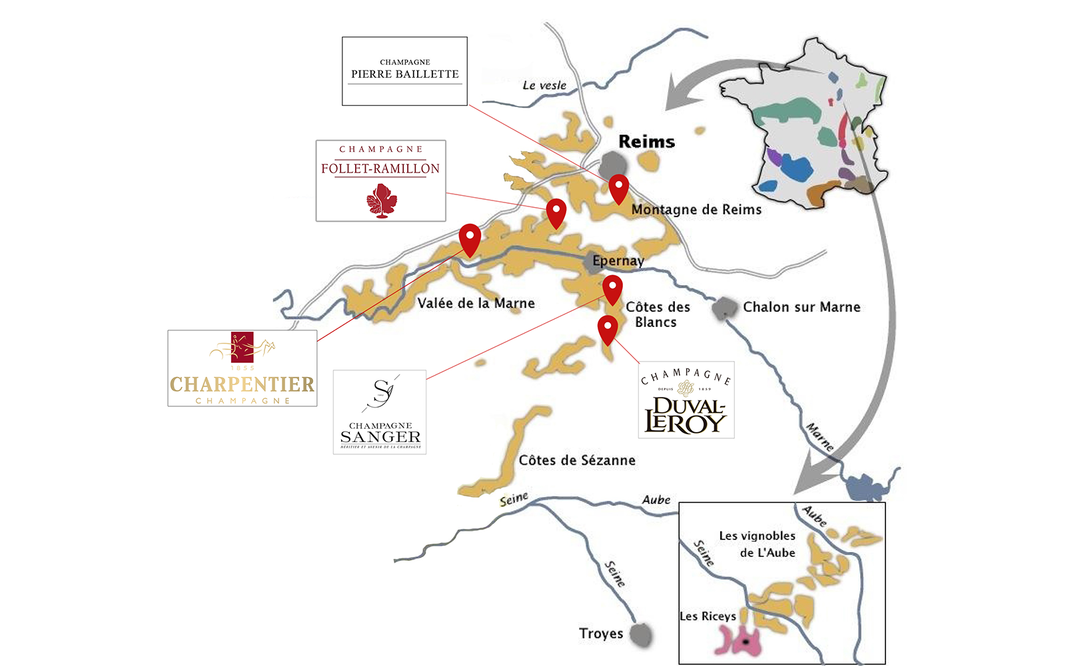A fragrant, refreshing Sauvignon Blanc that is sometimes sharp and sometimes tropical.
While it is possible to search for the perfect dish or situation for each variety, it is probably quite difficult to find the difference between just one variety.
This time, we will focus on three types of Sauvignon Blanc, exploring the soil and production methods of each, and exploring their flavors and compatibility with food, seasons, and situations.
1. Chants du Jardin 2022 Clos Constantin

Origin: Languedoc, France
Soil and winemaking
The grapes are grown in a cool area at an altitude of about 300m in the Languedoc region of southern France, on clay-limestone soil, with a dry Mediterranean climate and cool breezes that firm up the grapes. The brewing process is mainly done in stainless steel tanks, with a style that makes the most of the transparency of the fruit and minerals.
Taste and food compatibility
Herbal aromas of white peach, lime, and fennel, with a body and structure typical of the Languedoc.
Food pairings: Herb-marinated grilled chicken, seafood bouillabaisse soup, goat cheese
Suitable situations
Perfect for sunny afternoons and outdoor lunches. The balance of lightness and thickness is perfect for eating in nature.
2. Sauvignon Blanc 2023 Nuala

Origin: Marlborough, New Zealand
Soil and winemaking
Marlborough is one of the world's leading producers of Sauvignon Blanc. It is characterized by its alluvial soil mixed with gravel and a climate with large temperature differences between day and night. Nuala's Sauvignon Blanc is fermented in stainless steel at low temperatures to maximize the vivid aromas.
Taste and food compatibility
Passion fruit, lime and gooseberry stand out with their refreshing acidity and pure fruitiness.
Food pairing: Seafood salad, salmon with lemon and dill, Vietnamese spring rolls
Suitable situations
This is a bottle that will make you want to toast on the terrace as soon as you come out of the kitchen on a summer afternoon. It's also perfect for parties and BBQs.
3. Sancerre Blanc 2022 Domaine Denizot

Origin: Sancerre, Loire, France
Soil and winemaking
The complex Cayot (limestone) soil creates a mineral and tension that is appealing. Domaine Denizot emphasizes natural cultivation and careful selection. The wine is brewed in concrete and stainless steel tanks, pursuing the expression of the pure terroir.
Taste and food compatibility
Grapefruit, white flowers, and a slight smoky nuance. Impressive dense and cool acidity.
Food that goes well with it: raw oysters, chevre cheese, white fish carpaccio
Suitable situations
At dusk, you'll want to quietly sip wine and relax with cheese and appetizers.
Summary: Same breed, different personalities
Even a single variety like Sauvignon Blanc can show so many different expressions depending on the region, soil, climate, and winemaker -- that's the depth of wine. Why not try finding the one that's perfect for your mood and the occasion?
| Producer name | Taste | Terroir | Best Situation |
| Clos Constantin |
A harmony of herbal flavor and body | Clay-limestone (Languedoc) |
Spring to early summer outdoor lunch |
| Nuala | Tropical & refreshing | Gravelly and alluvial soil (Marlborough) | Summer terrace BBQ |
|
Domaine |
Dense and mineral | Calcareous (Sancerre) | Late summer to early autumn evening dining |









